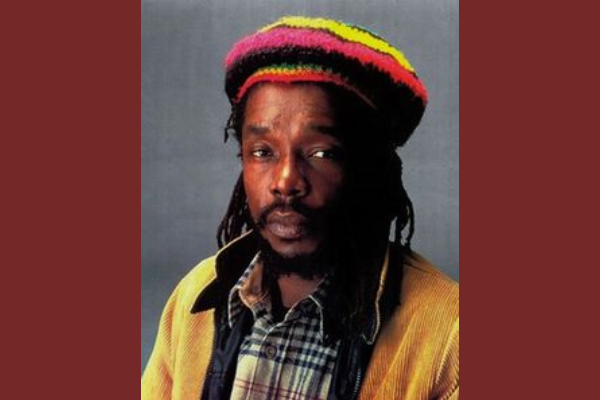Why Peter Tosh, Not Bob Marley, Should Be Regarded As Jamaica’s Greatest Ever Musical Expor
When discussing the musical giants of Jamaica, Bob Marley is the name that almost universally comes to mind. As the face of reggae, Marley has been celebrated globally for his artistry, charisma, and timeless hits. However, within this narrative, the profound contributions of Peter Tosh—a founding member of The Wailers and a reggae revolutionary in his own right—are often overshadowed. Tosh was not only a musical innovator but also a relentless advocate for justice and Rastafarian principles, leaving a legacy that arguably rivals, if not surpasses, Marley’s.
The Unsung Virtuoso
Peter Tosh’s contributions to reggae were foundational. A self-taught guitarist, Tosh was instrumental in shaping the early sound of The Wailers, creating rhythms and melodies that would define reggae music. In fact, Tosh taught Bob Marley how to play the guitar, a testament to his musical brilliance and generosity. His skill set went beyond instrumentation; he was also a gifted lyricist, known for weaving sharp political commentary and spiritual depth into his songs.
Fearless Advocate for Justice
While Marley’s lyrics often carried a message of unity and peace, Tosh was unapologetically militant. His music served as a direct challenge to oppressive systems. Songs like Equal Rights and Get Up, Stand Up (co-written with Marley) reflect his unwavering commitment to justice. Tosh’s outspokenness made him a controversial figure, but it also cemented his reputation as a fearless advocate for change.
In many ways, Tosh’s work laid the groundwork for reggae’s role as a tool for social commentary. His boldness earned him global respect, even as it limited his commercial appeal compared to Marley’s more palatable approach for mainstream audiences.
Innovator and Pioneer
Peter Tosh’s solo career showcased his ability to push musical boundaries. Albums like Legalize It and Bush Doctor introduced reggae to new audiences while addressing pressing global issues, from marijuana legalization to human rights. Tosh’s willingness to experiment with different sounds and collaborate with international artists, including the Rolling Stones, expanded reggae’s reach and influence.
Cultural Impact
Unlike Marley, whose image became commodified posthumously, Tosh maintained an authenticity that resonated deeply with grassroots movements and marginalized communities. His message was raw, unfiltered, and unapologetic—qualities that continue to inspire artists and activists worldwide.
Tosh’s tragic death in 1987 robbed the world of a true pioneer. However, his music and message remain relevant, embodying the resilience and revolutionary spirit of Jamaica.

